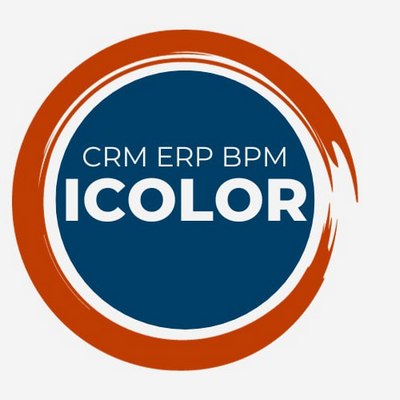Programs for insurance companies
Insurance companies use various software programs to manage their operations and serve their customers efficiently. These programs include policy management systems, claims processing software, underwriting tools, and risk assessment models. These programs help insurance companies to automate their processes, reduce errors, and improve customer satisfaction. Additionally, insurance companies also use data analytics tools to analyze large volumes of data and gain insights that can help them make informed business decisions. Overall, software programs are an integral part of the insurance industry and play a crucial role in the success of insurance companies.
Insurance companies use a variety of software programs to manage their operations, including claims processing, policy management, and underwriting. Here are some of the commonly used software programs and their features:
- Claims Management Software: This software helps insurance companies manage claims by automating the process of tracking, processing, and settling claims. It can handle various types of claims, such as auto, property, and health. Features of claims management software include:
- Automated claims processing and settlement
- Integration with third-party service providers, such as repair shops and medical providers
- Real-time tracking of claims status
- Data analytics and reporting to identify patterns and trends in claims
- Policy Management Software: This software helps insurance companies manage policies, from initial application to renewal. It can handle various types of policies, such as auto, home, and life insurance. Features of policy management software include:
- Automated policy issuance and renewal
- Integration with rating engines to calculate premiums based on risk
- Real-time tracking of policy status and changes
- Data analytics and reporting to identify patterns and trends in policies
- Underwriting Software: This software helps insurance companies assess risk and determine policy premiums. It can analyze data from various sources, such as credit reports, driving records, and medical records. Features of underwriting software include:
- Automated risk assessment and pricing
- Integration with data sources for risk analysis
- Real-time tracking of underwriting status and changes
- Data analytics and reporting to identify patterns and trends in underwriting
- Customer Relationship Management (CRM) Software: This software helps insurance companies manage their interactions with customers, including sales, service, and support. It can handle various types of customer interactions, such as phone calls, emails, and social media. Features of CRM software include:
- Automated lead tracking and management
- Integration with marketing automation tools for targeted campaigns
- Real-time tracking of customer interactions and satisfaction
- Data analytics and reporting to identify patterns and trends in customer behavior
- Fraud Detection Software: This software helps insurance companies detect and prevent fraud. It can analyze data from various sources, such as claims, policy applications, and social media. Features of fraud detection software include:
- Automated fraud detection and investigation
- Integration with data sources for fraud analysis
- Real-time tracking of fraud trends and patterns
- Data analytics and reporting to identify potential fraud schemes
Overall, these software programs help insurance companies improve efficiency, reduce costs, and provide better service to their customers.
Pricing Programs for insurance companies #
Solutions "Programs for insurance companies" #
Discussions Programs for insurance companies #
Ask questions, discuss any question or idea about" Programs for insurance companies" our forum
Features Programs for insurance companies #
Integrators Programs for insurance companies #
This is a list of our partners who have experience or industry solutions in the area "Programs for insurance companies". They can build a custom CRM or ERP system for you on the OneBox platform.

























